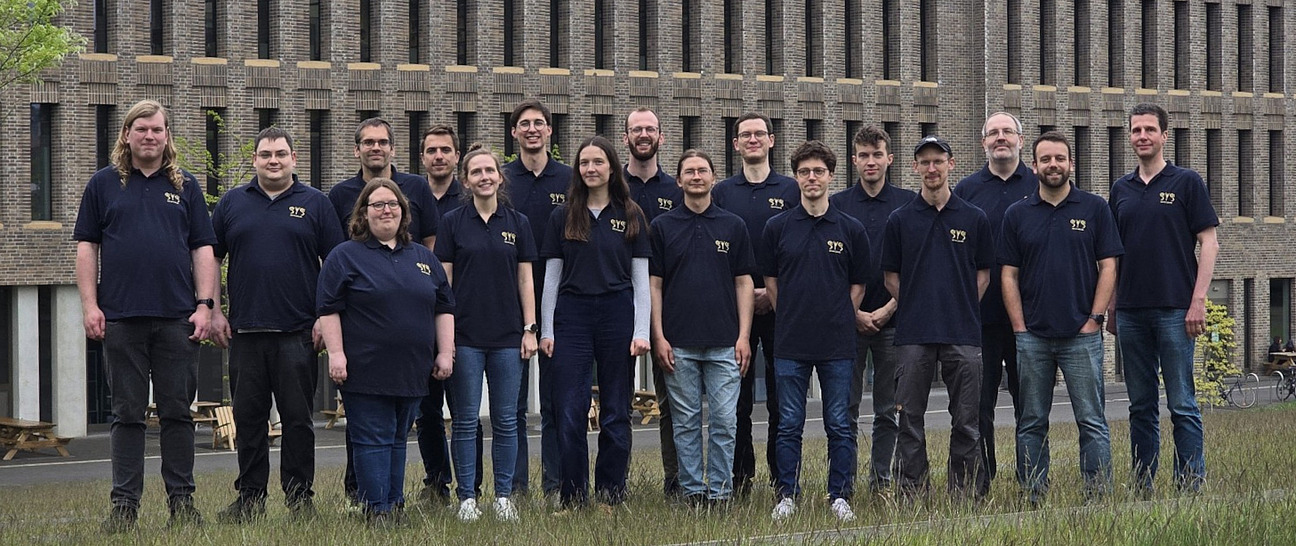Distributed Systems Group

A distributed system consists of multiple independent computing devices that can exchange information via a data communication network. Nowadays, these systems are everywhere. In many places, we are no longer even aware of which parts of our daily lives depend on the robustness and reliability of these systems. This is due to the fact that the physical world and the information technology world are so closely connected. This happens (quite obvious) via so-called cyber-physical systems. With the help of sensors (incl. smartphones), the physical world is mapped into the digital world. With actuators, the physical world can be influenced from the cyber world. Due to inherent connectivity in the cyber world, there are no disconnected entities anymore. Everything is a networked system that can be coordinated and optimized in the cyber world. In specific domains, complex tasks can be completed more precisely, faster, more coordinated, highly efficiently, and securely using cyber-physical systems. Scenarios for cyber-physical systems include Industry 4.0 (cyber-physical production systems), smart farming (cyber-agricultural systems), and public safety (tactical cyber-physical systems). Even beyond cyber-physical systems, there is an increasing dependency that the “Internet” works as usual. In the case of larger and longer outages, however, cascading errors are to be expected. Such errors will have far-reaching consequences far beyond computer networks and Internet connectivity.
The distributed systems group at Osnabrück University was endowed by the HARTING technology group via the Stifterverband. Since established in 2012, research and teaching on robust and dependable cyber physical networks has been the core focus of the group. This comprises but is not limited to:
- networked sensing systems in various application domains
- mechanisms for improving robustness and resilience of Internet technologies
- robust traffic engineering for backbone networks
- measuring and evaluating new Internet technologies such as LEO satellite systems
- network security